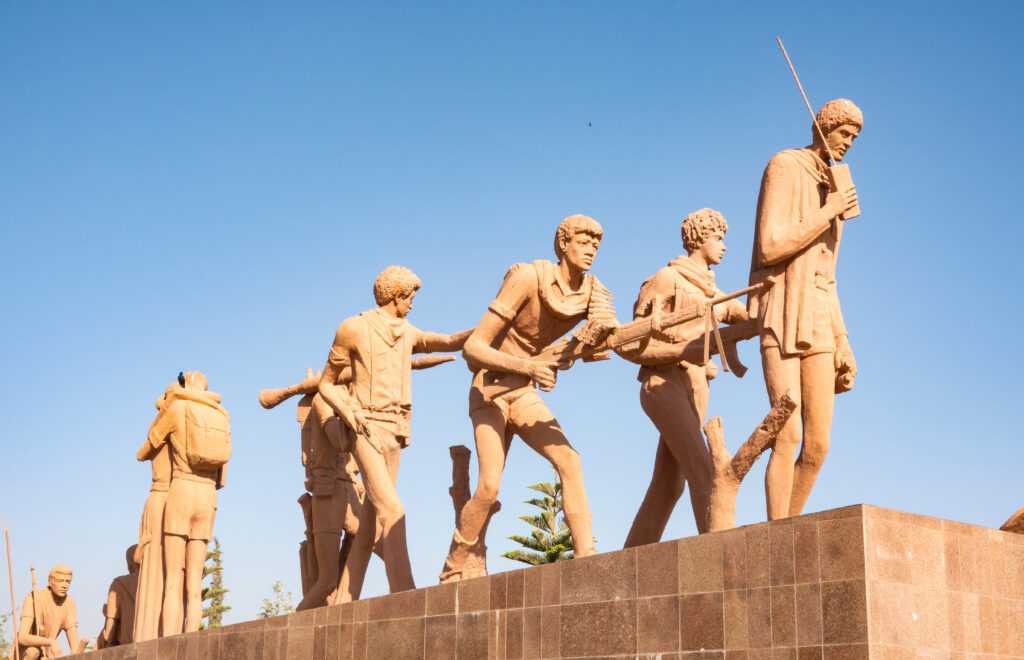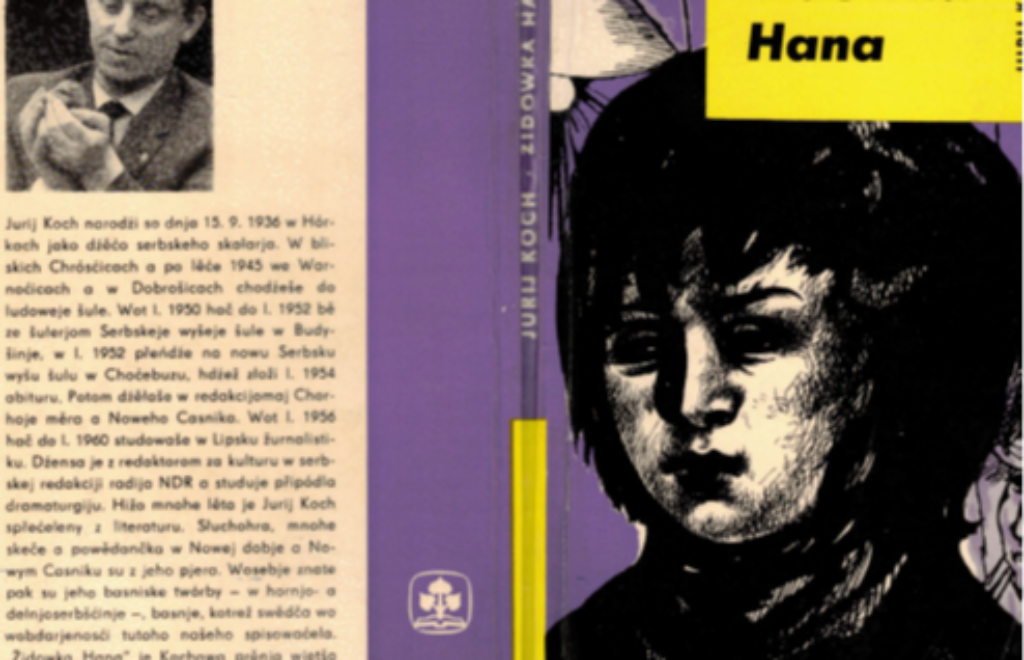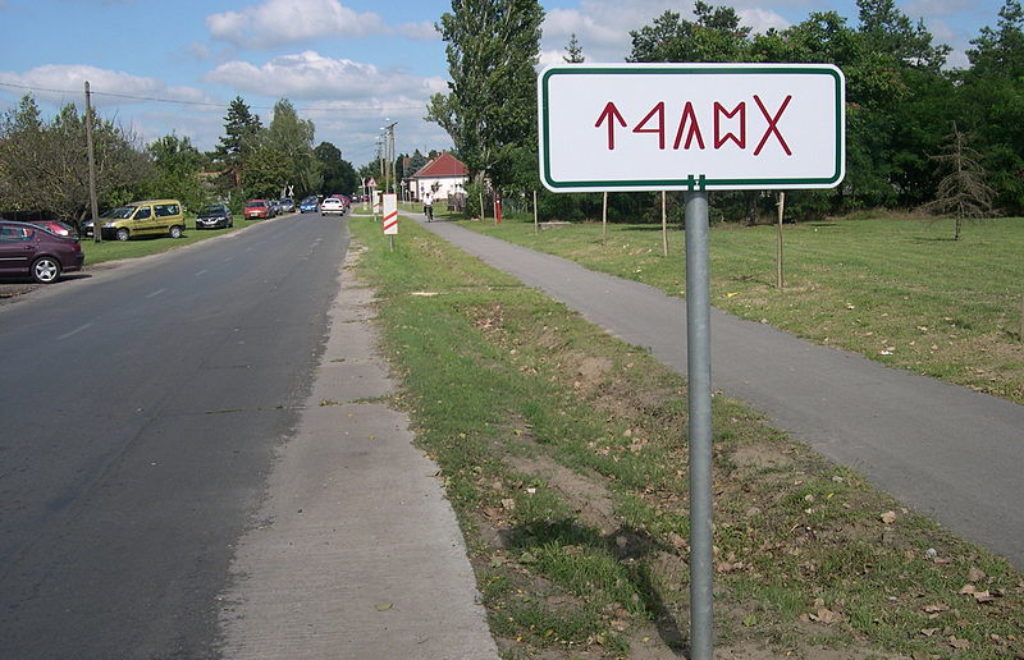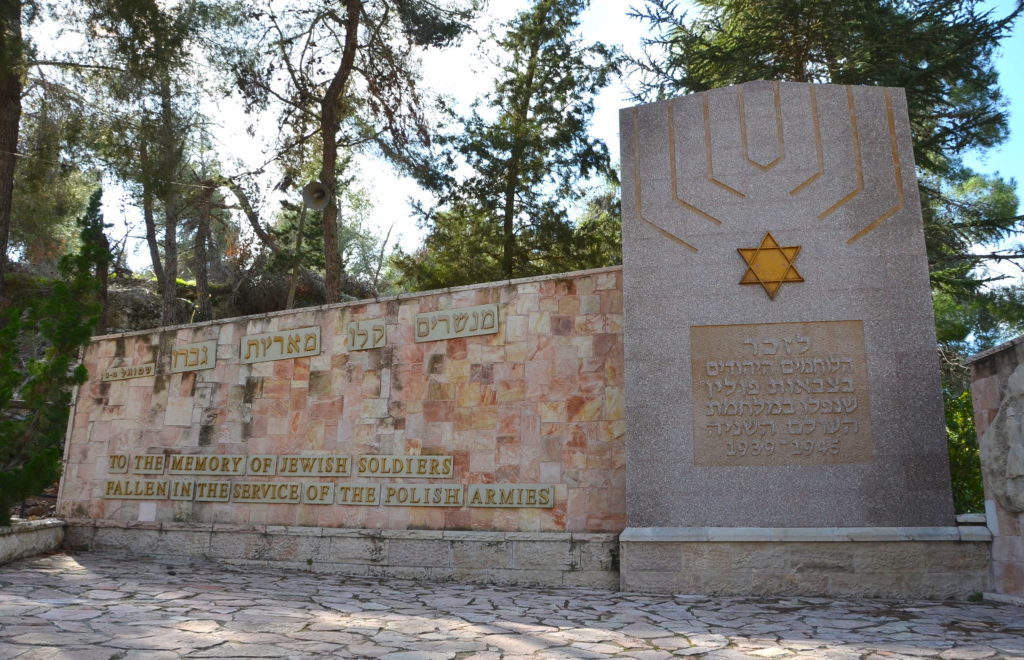Who is afraid of the letter Ł? Łacinka and the Belarusian dictator
Former Russian Deputy Prime Minister and opposition leader, Boris Nemtsov, did not hold Belarusian dictator Aljaksandar Łukašenka in high esteem (in this text we allow the author to use the national Latin script for Belarusian as explained later on in this essay – editor’s note). Nemtsov deemed him to be “a Slavic Qaddafi. He is an outrageous murderer and dictator, a completely insane person. He has nowhere to retreat. It is not worth waiting for a velvet revolution to happen.” No one cared to listen.
April 11, 2021 - Tomasz Kamusella













































